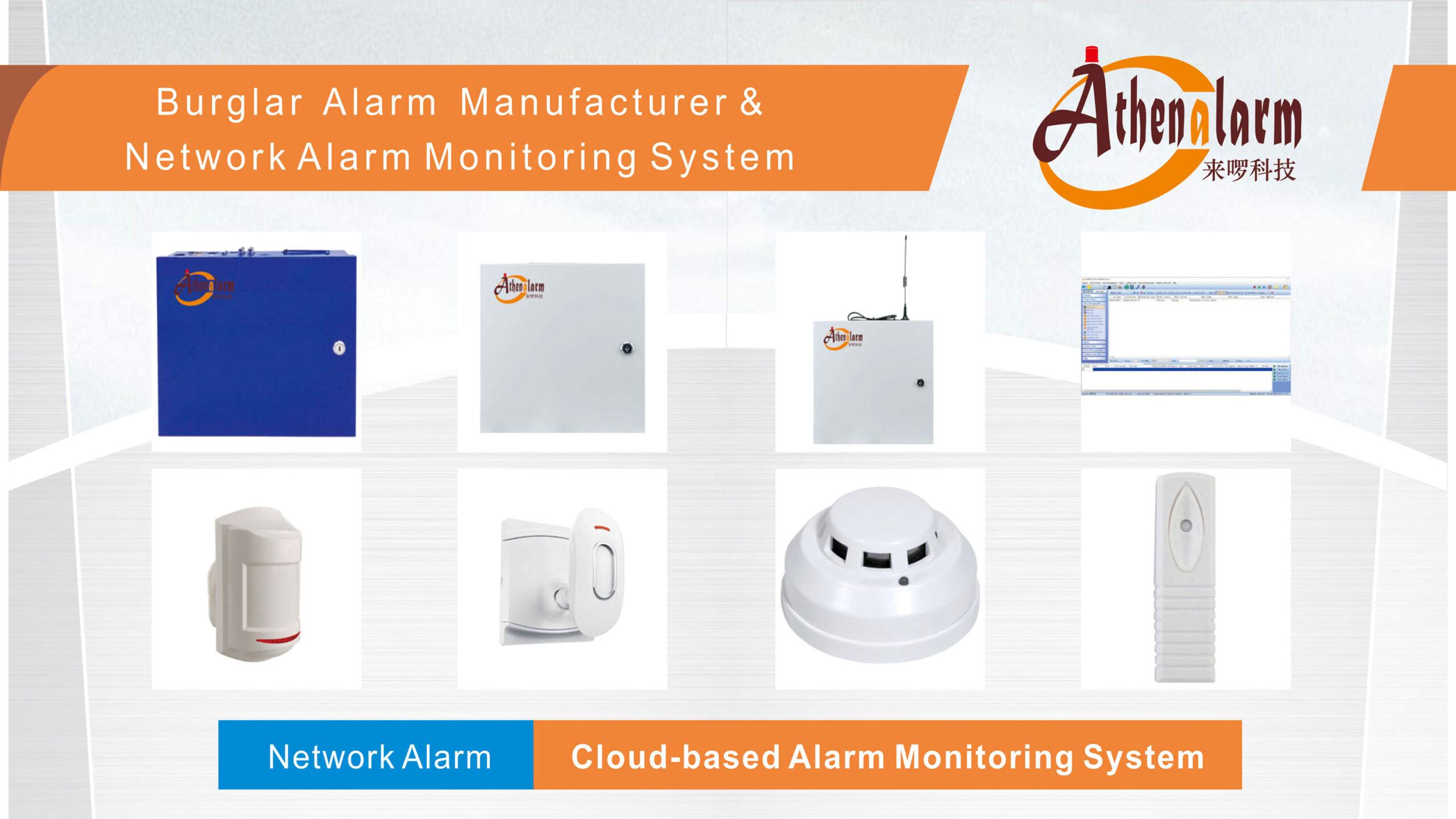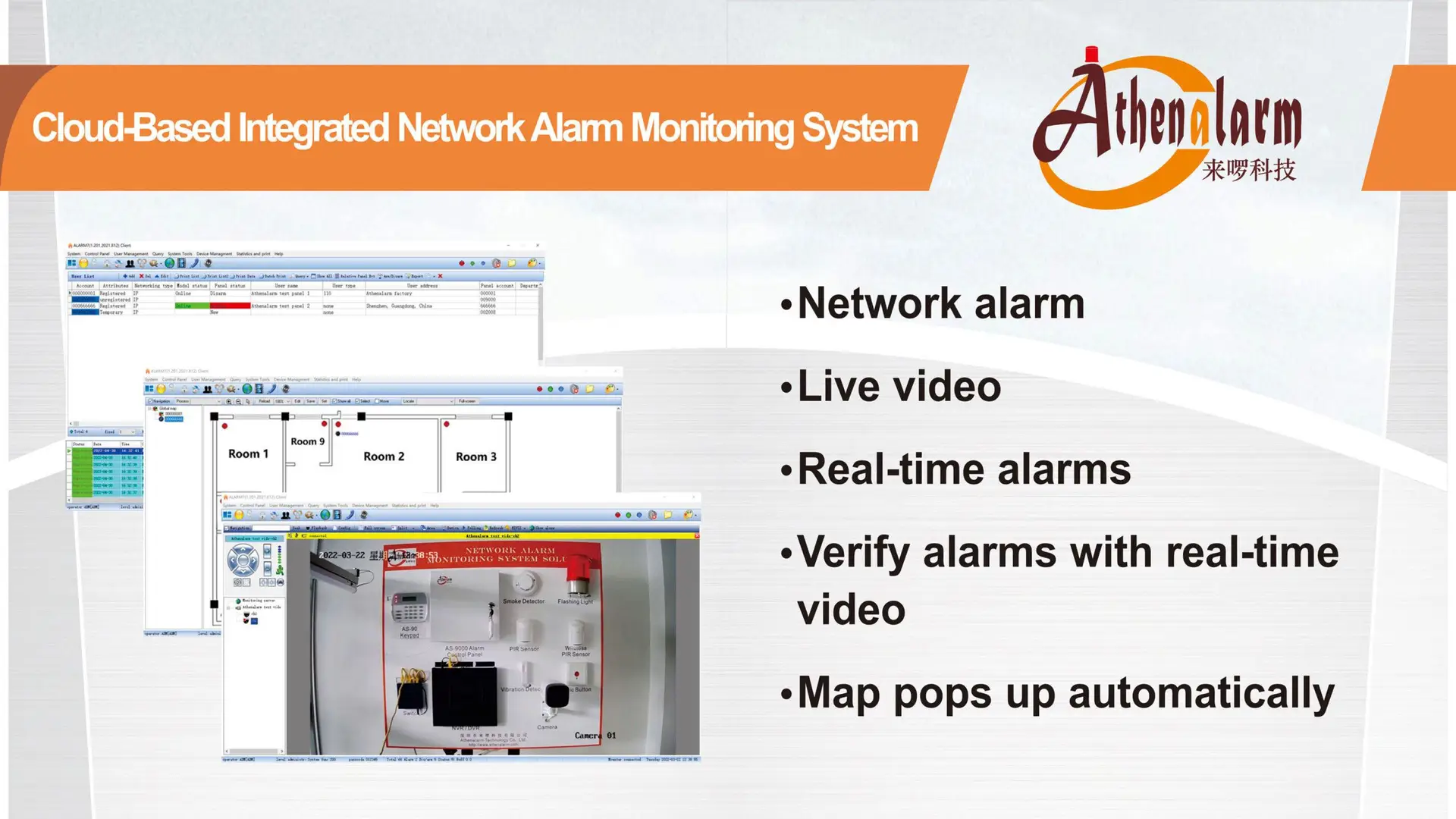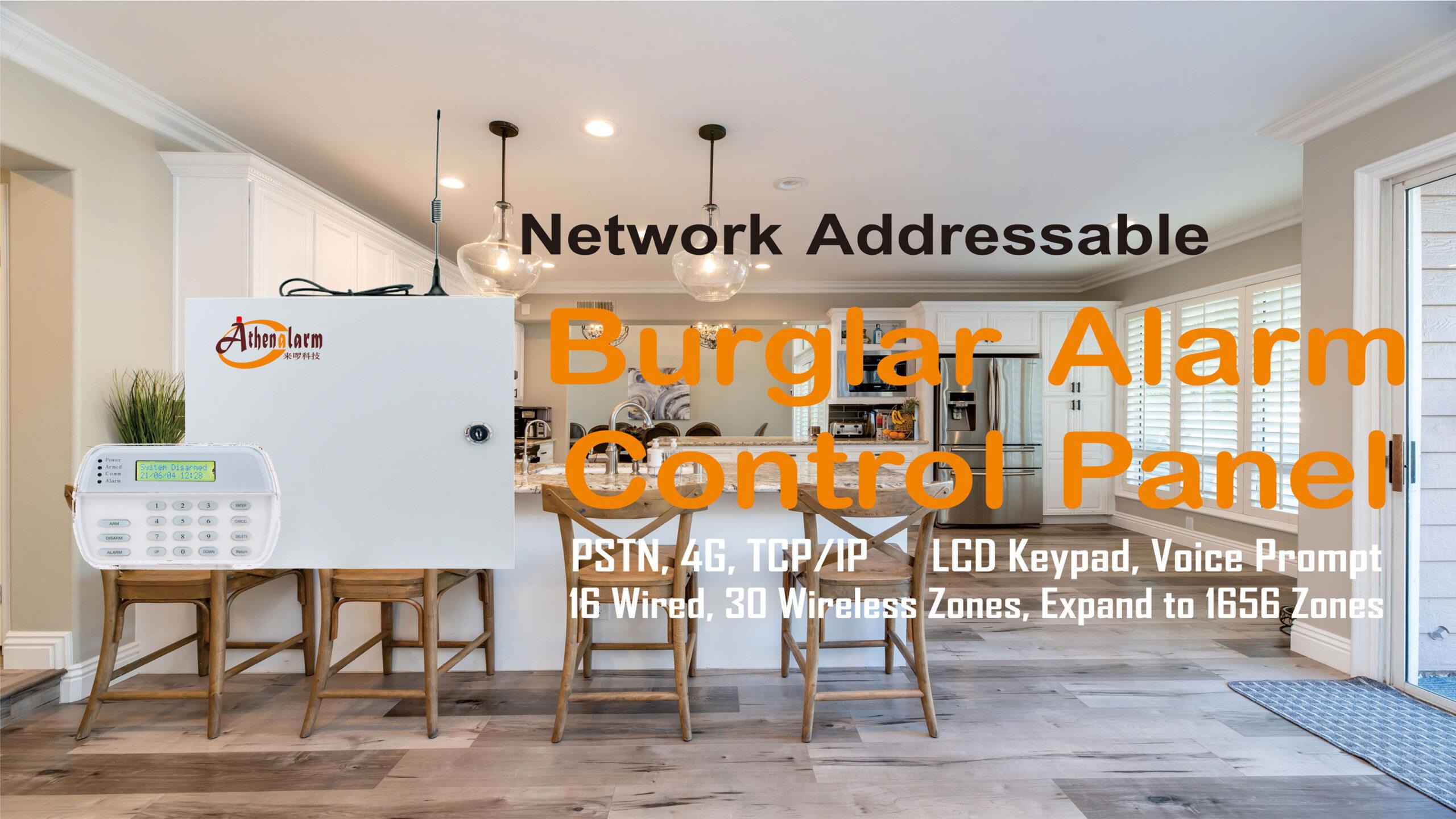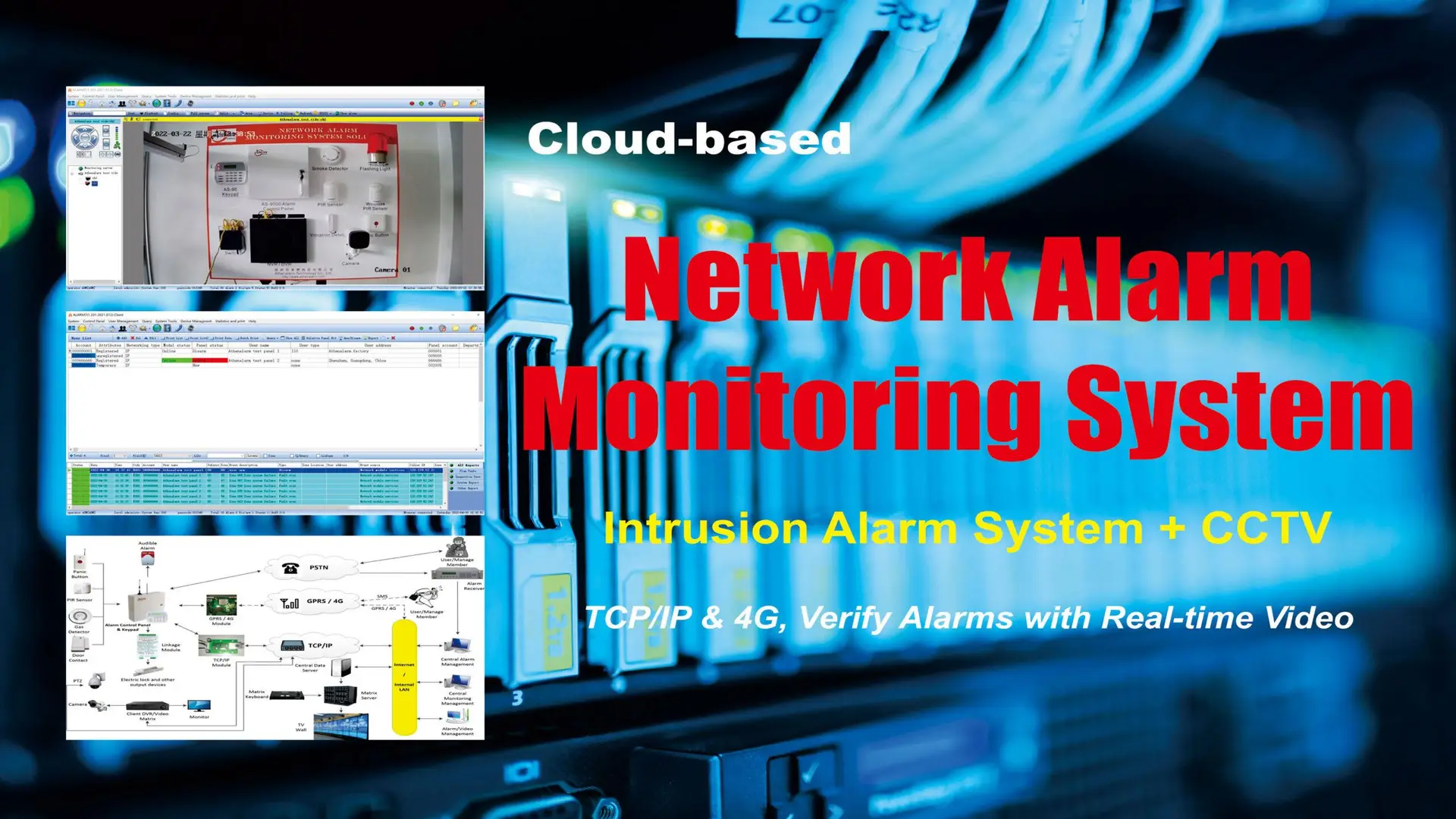



How to Choose the Right Commercial Security Systems Manufacturer
In today’s rapidly evolving business environment, securing assets, protecting data, and ensuring the safety of employees are critical priorities. A reliable commercial security system is a fundamental part of any business’s risk management strategy. However, selecting the right commercial security systems manufacturer is just as crucial as choosing the system itself. The manufacturer’s product quality, technological innovations, and support services directly influence the security system’s performance and effectiveness.
This guide will assist B2B buyers, security integrators, and business owners in evaluating security manufacturers and selecting the best partner for their needs.
1. The Role of Commercial Security Systems Manufacturers
A commercial security systems manufacturer is responsible for the design, production, and distribution of security solutions tailored for businesses, government institutions, and large enterprises. The products offered typically include:
- Intrusion detection systems: Burglar alarms, motion sensors, glass break detectors.
- Video surveillance solutions: HD cameras, AI-driven analytics, cloud-based monitoring.
- Access control systems: Biometric scanners, RFID card readers, facial recognition.
- Fire and life safety solutions: Smoke detectors, fire alarms, emergency response systems.
- Integrated security platforms: Software that combines intrusion detection, video surveillance, and access control for a unified security strategy.
Choosing the right manufacturer ensures that your security infrastructure is scalable, reliable, and technologically advanced, providing long-term protection.
2. Key Considerations When Selecting a Manufacturer
2.1 Industry Certifications and Regulatory Compliance
A reputable security systems manufacturer adheres to industry standards and regulatory compliance. Before partnering with a manufacturer, ensure they meet the following certifications:
- International Certifications: UL, CE, FCC, and ISO 9001 for product safety and quality assurance.
- Cybersecurity Standards: Compliance with NDAA, GDPR, or other local data protection laws for connected security devices.
- Government Compliance: Some regions require specific certifications for security systems used in critical infrastructure or public institutions.
A manufacturer that meets these standards guarantees the safety, reliability, and global regulatory compliance of their products.
2.2 Product Quality and Technological Capabilities
The effectiveness of a security system is deeply tied to the quality of its components and the underlying technology. When evaluating manufacturers, consider the following:
- Material Durability: Ensure products are built to withstand harsh conditions (weatherproof, vandal-resistant).
- Advanced Detection Technologies: AI-powered motion sensors and facial recognition help reduce false alarms and improve security accuracy.
- Cloud and IoT Integration: The best systems should support remote monitoring, automated alerts, and compatibility with smart devices.
- Battery Backup and Fail-Safe Mechanisms: A robust backup system ensures continuous protection during power outages.
Actionable Tip: Request a product demonstration and technical datasheets to evaluate real-world performance.
2.3 Manufacturing Capacity and Supply Chain Stability
A manufacturer’s production capacity and supply chain stability are crucial to meeting your security demands. Evaluate the following:
- Factory Infrastructure: In-house production generally provides better quality control than outsourced manufacturing.
- Component Sourcing: Ensure they use high-quality components for durability and longevity.
- Scalability of Production: Can they handle bulk orders or large-scale deployments without delays?
- Inventory and Lead Times: Avoid manufacturers with frequent stock shortages and long lead times.
Key Insight: Large deployments require a manufacturer with a reliable, scalable supply chain.
2.4 Customization and OEM/ODM Services
Security system integrators and large enterprises often require tailored solutions. Look for manufacturers that offer:
- OEM (Original Equipment Manufacturer) Services: Custom branding, logo printing, and proprietary packaging.
- ODM (Original Design Manufacturer) Services: Tailored design modifications, custom firmware, or specialized features.
- Software Customization: Ensure seamless integration with third-party security management platforms.
Steps to Secure Customization:
1) Define Your Requirements: Clearly specify branding, features, and compatibility needs.
2) Evaluate Manufacturer’s Expertise: Confirm their experience with similar customizations.
3) Request Prototypes: Test customized solutions before committing to mass production.
3. Technical Support and After-Sales Services
A manufacturer’s technical support and after-sales services are essential for ensuring smooth system operation. Choose a company that provides:
- Comprehensive Warranty Coverage: A warranty period of at least 2 to 5 years on hardware components.
- 24/7 Technical Support: Accessible support via phone, email, or live chat.
- Software and Firmware Updates: Regular updates to maintain cybersecurity and improve performance.
- Training and Documentation: Clear installation guides and troubleshooting resources.
Actionable Tip: Test the manufacturer’s support responsiveness by contacting them with a technical query before making a purchase decision.
4. Cost Analysis and Return on Investment (ROI)
While cost is a significant factor, the cheapest option isn’t always the best. Consider the following factors:
- Total Cost of Ownership (TCO): Include maintenance costs, software updates, and power consumption.
- Bulk Order Discounts: Many manufacturers offer reduced prices for large orders.
- Hidden Fees: Ensure you’re aware of all costs, including shipping, taxes, and service fees.
Pro Tip: Use an ROI calculator to estimate long-term savings and operational efficiency before making a purchase decision.
5. Cybersecurity and Data Protection
With the proliferation of IoT-connected security systems, cybersecurity is paramount. Ensure the manufacturer adheres to best practices, such as:
- End-to-End Encryption: Safeguards against unauthorized access to video feeds and security data.
- Two-Factor Authentication (2FA): Adds an additional layer of protection for accessing the system.
- Regular Security Patches: Protects against evolving cyber threats.
- Compliance with Data Privacy Laws: Ensures sensitive business and customer data is well protected.
Warning: Avoid manufacturers with poor cybersecurity records or unaddressed vulnerabilities.
6. Sustainable and Eco-Friendly Security Solutions
As sustainability becomes increasingly important, many businesses are opting for eco-friendly security solutions. Look for manufacturers that offer:
- Energy-Efficient Systems: Low-power, solar-powered, and environmentally friendly solutions.
- Eco-Friendly Manufacturing: Compliance with environmental standards such as RoHS (Restriction of Hazardous Substances).
- E-Waste Recycling Programs: Support for the proper disposal and recycling of outdated equipment.
Sustainability Impact: Sustainable solutions contribute to reducing operational costs while supporting environmental conservation efforts.
7. Global Reach and Regional Support
For international businesses, choosing a manufacturer with a global presence can improve support and logistics. Consider:
- Local Distributors and Service Centers: Faster delivery and troubleshooting support.
- Multilingual Customer Assistance: Essential for businesses operating across multiple regions.
- Compliance with Local Security Laws: Products should comply with regional security standards.
Business Expansion Tip: Partnering with a global manufacturer ensures product consistency across multiple markets.
8. Building a Long-Term Partnership with Manufacturers
Building a long-term relationship with a trusted manufacturer can provide multiple benefits:
- Priority Access to New Technologies: Stay ahead of security trends and innovations.
- Exclusive Deals and Incentives: Special discounts for repeat customers.
- Co-Development Opportunities: Collaborate on R&D for cutting-edge security solutions.
Pro Tip: Negotiate long-term contracts with performance-based incentives to maximize business value.
9. Conclusion: Selecting the Right Manufacturer for Your Security Needs
Selecting the right commercial security systems manufacturer requires a thorough evaluation of certifications, product quality, technical capabilities, supply chain reliability, support services, and cybersecurity measures. By conducting careful research, testing products, and negotiating customized solutions, businesses can make informed decisions that enhance security, improve efficiency, and deliver a strong return on investment.
Final Checklist for Manufacturer Selection:
- Do they comply with international security standards?
- Can they meet your bulk order requirements?
- Do they offer customization options?
- Is their technical support reliable?
- Are their products future-proof with AI and cloud integration?
